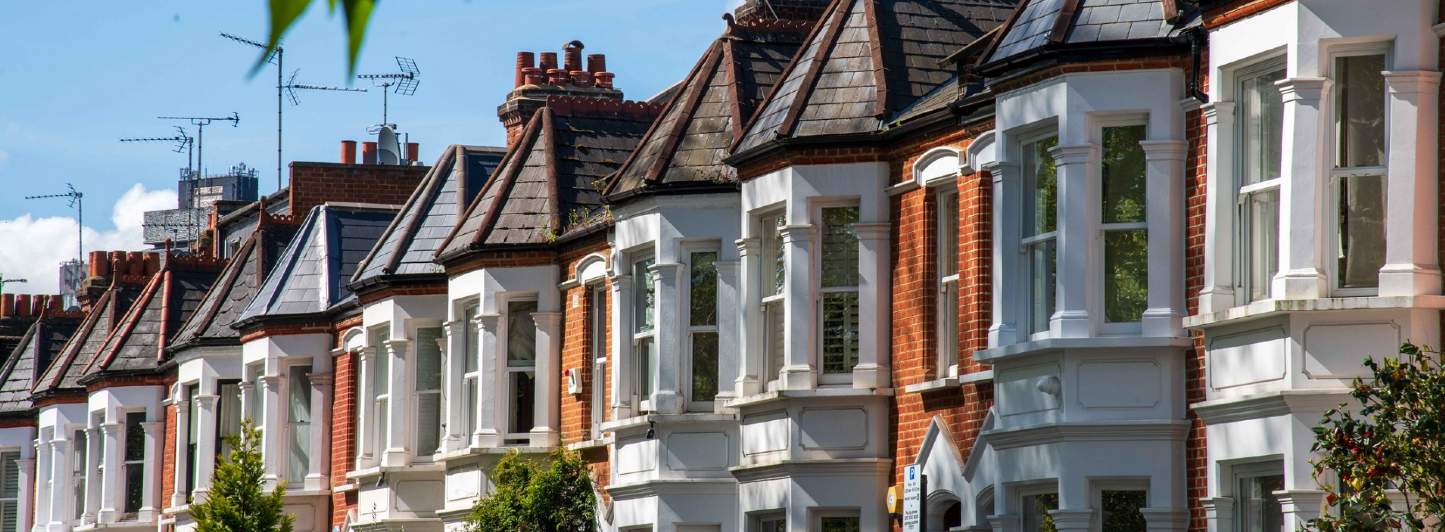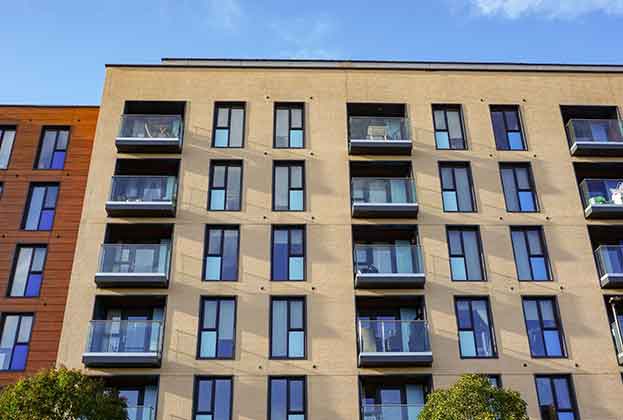Affordability is by far the biggest factor in the mainstream housing market. Accordingly, we expect the pace and scale of interest rate cuts to have a more significant impact on the market than the timing or outcome of the general election, not least because of the short odds on a change in government.
Headline inflation’s fall to 2.3% in the year to April indicates two or three bank base rate cuts, this year. That is likely to mean mortgage markets remain relatively stable in the short term, with the prospect of lower borrowing costs as the year progresses.
And with a shorter than expected run in to the general election, there is more opportunity for buyer demand to gain traction over the autumn, with most of the uncertainty behind us.
The prime market
At the top end of the housing market, our March client survey showed a degree of ambivalence towards the prospect of a general election, with 79% of respondents saying it had no impact whatsoever on their commitment to move over the next 12 months.
While prime property buyers may well have to contend with higher levels of underlying taxation, VAT on private school fees and targeted measures for overseas buyers, there is a sense that wealthy domestic buyers know what they are in for.
That means the prospect of a change in government is priced into large parts of the prime market, especially as talk of more aggressive wealth taxes (think back to the ill-fated mansion tax proposals of the early 2010s) haven’t surfaced.
The tax treatment of non-doms is the one potential source of disruption, suggesting a cautious summer market in prime central London. It has the potential to cause increased short-term price sensitivity and act as a drag on any subsequent recovery, that feels long overdue.
Housing delivery and planning
More widely, while a change in government would be unlikely to materially change the macro-economic backdrop, current indications are that it would result in a change in the focus of housing delivery and planning, with Labour putting its ambition to deliver 1.5 million homes over the next five years high up its political agenda. While that has the potential to change the housing landscape over time, it is unlikely to have a significant impact on the market in the near term.
The rental market
From a policy perspective, perhaps the biggest impact of a July general election is the prospect that the Renters Reform Bill (which currently sits at Committee Stage at the House of Lords) will struggle to be enacted before parliament is dissolved.
However, with both main parties advocating reform in this area, it remains a case of “when” not “if” we see the abolition of the Assured Shorthold Tenancy across England and Wales, the main issue being the manner in which new regulations are introduced and the balance between protecting landlord and tenant interests. In that respect, close attention is likely to be given to the potential impact on the availability of homes to rent in an already undersupplied market.
Further information
Contact Lucian Cook





.jpg)

.jpg)
.jpg)
.jpg)
